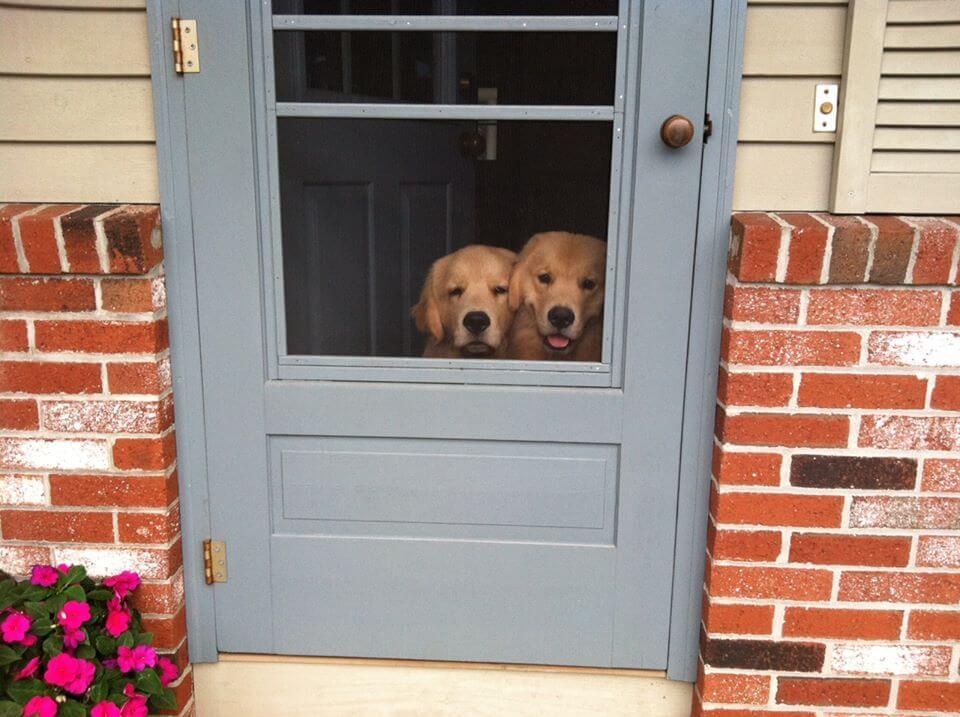
As of July 2022, we are not performing dental procedures at this time, but can offer referrals for existing clients.
Sometimes, keeping Tiger’s chompers healthy can feel like big job. Luckily, our practice provides advanced veterinary dentistry services in addition to basic dental care.
This includes routine care such as cleaning, along with treating more complicated conditions. Because our pets don’t brush their teeth every night before bed like we do, tartar can firmly adhere to the teeth.
In order to remove this tartar, we perform dental scaling, our most basic dental procedure. During the scaling process our practice uses sonic and ultrasonic power scalers as well as hand held instruments to remove this tartar from the surface of the teeth both above and below the gum line.
Tooth extraction is another very common procedure. It is the goal of our practice for your pet to retain as many teeth as possible. However, sometimes extraction is the only option to relieve pain or ensure that periodontal disease does not advance. If not extracted, many times a diseased tooth can compromise the surrounding tissue and neighboring teeth. If caught early, there are more treatment options available for periodontal disease.
Our practice requires anesthesia for dental procedures. Because of this, we first perform a full physical exam and sometimes run blood tests. Inside the mouth, we utilize anesthetic gel and local anesthetic injections to reduce pain. We closely monitor your pet the entire time they receive anesthesia.
Our practice keeps an eye on oxygen saturation and carbon dioxide levels in their blood along with their blood pressure, heart rate and temperature. In order to help maintain the health of your pet’s mouth and teeth, you should bring your pet in for a dental check-up once a year. During these routine exams, our practice includes a general dental exam as well as teeth and gum cleaning if needed.
Catching dental problems in the early stages can greatly help your pet in the long run. Contact our practice right away if your pet experiences any of the following:
- Chronic bad breath
- Your pet shies away when you try to touch their mouth area
- Excessive drool
- Dropping food when eating
- Bleeding in your pet’s mouth
- Loss of appetite or weight loss
- Yellowish brown crust of tartar around the gum line
- Missing, loose or broken teeth
